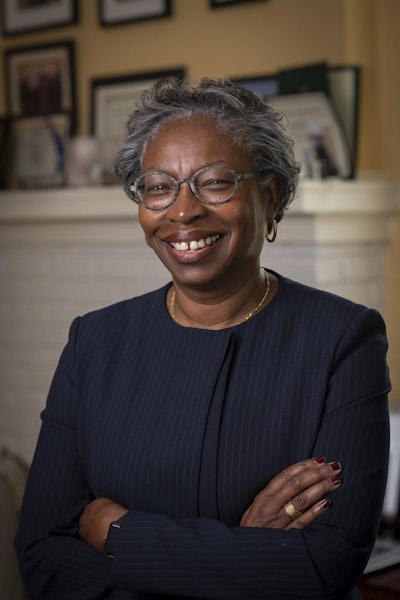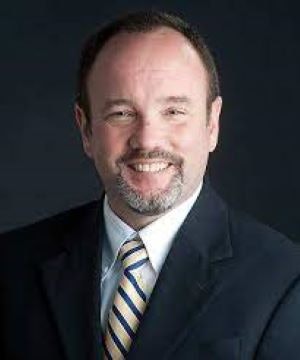To better prepare students for the workforce, St. Mary’s College of Maryland sought to redefine a liberal arts education.
 Dr. Tuajuanda C. Jordan
Dr. Tuajuanda C. JordanThrough a data analysis of local industry needs and students’ experiences, the Learning Through Experiential and Applied Discovery (LEAD) initiative emerged. Among the initiative’s goals is the incorporation of professional career development skills such as communication, teamwork and project management within the core curriculum and in every discipline at St. Mary’s College.
Under the LEAD initiative, each student, upon arrival at St. Mary’s College, develops a Career and Leadership Development Plan to align their educational experience with their career interests.
“Our LEAD initiative presents a very compelling story to prospective students,” said Dr. Tuajuanda C. Jordan, president of St. Mary’s College. “We know that a liberal arts education is tremendously powerful because of the communication, critical thinking and reasoning skills a student develops as part of their education, which, in turn, provides the skills for success in graduate school and the workforce, including that very first job.”
To assist with internship and career preparation, students have access to the online Job-IQ program which offers resume, interview and networking assistance. Alumni mentors also serve as a resource.
Beyond career exploration courses, students can fulfil core requirements by taking “inquiries” which offer multidisciplinary perspectives on the five topics of justice, climate, the western world, music and public health. Due to high demand for these courses, three additional topics — visual culture and media, Latinx Americas and gender and power — were added to the curriculum.
“Their inquiry work provides a broader sense of what it means to study a topic like ‘public health’ — something that they may have come to because of an interest in medicine, or in helping their community,” said Jordan. However, the inquiry “ends up exposing them to a wide range of disciplines that contributes to how we understand health outcomes for different populations.”
LEAD also requires students to complete an international experience, professional internship or undergraduate research project.
However, those experiences have historically been barriers for underrepresented students. To address affordability challenges, the college worked with donors to provide students with stipends to complete unpaid internships.
“By leveling the playing field, we are seeing a diverse participation,” said Dr. Michael R. Wick, provost and dean of faculty at St. Mary’s. “I think we are going to see simply exponential growth really in the various student success metrics because these high impact practices have been shown to have that impact at other institutions. But here, we are making certain that it’s available and affordable to all of our students.”
 Dr. Michael R. Wick
Dr. Michael R. WickPiloted in 2018, LEAD was first introduced during the 2020-2021 school year for first-year students.
Data from the pilot program found that students were participating in internships after their freshman year at higher rates than the past.
“This shows that what we are doing [is] resonating with employers,” said Wick. “It is resonating with students who are taking advantage of these opportunities. It seems to be from all the analysis we have done, those metrics are across the board. So very pleased with what we are seeing so far.”
LEAD has also impacted enrollment at St. Mary’s College. Since its implementation, there has been a 60% increase in the first-year applicants, according to Jordan.
“By marrying theoretical with applied learning, our students graduate as thinkers and doers,” Jordan said. “We offer majors that have meaning in the real world and demand multi-disciplinary expertise, just as employers demand specialization complemented by big-picture thinking. Through this integrated, inquiry-based learning, students pursue practical solutions to today’s toughest challenges.”
New academic programs were also created including in marine science, performing arts, neuroscience, applied data science and business administration.
As LEAD progresses over the next four years, its impact on student satisfaction rates will be measured.
“We are hoping to see more student satisfaction at the time of graduation,” said Wick. “Feeling that what they have learned is applicable to their life goals, whether that’s professional school, graduate school or immediate employment, perhaps service.”
Going forward, Jordan said the initiative could serve as a model for other institutions.
“Part of the secret sauce of LEAD, though, which is hard to quantify and I hope will be part of its success, is the ethos of the college, what we call the ‘St. Mary’s Way,’” she added. “Among its many tenets, it encourages us to respect each other in the tradition of tolerance.”
Sarah Wood can be reached at [email protected].


















